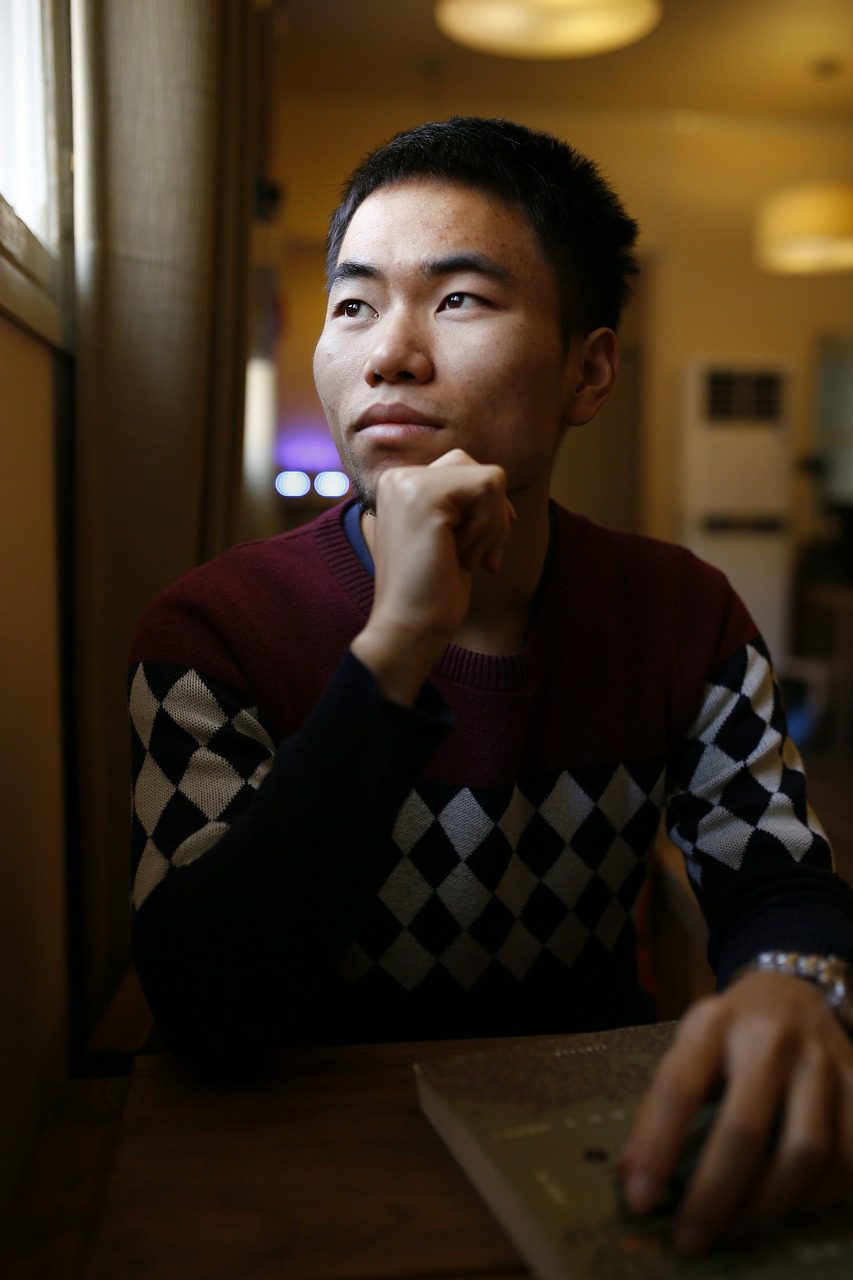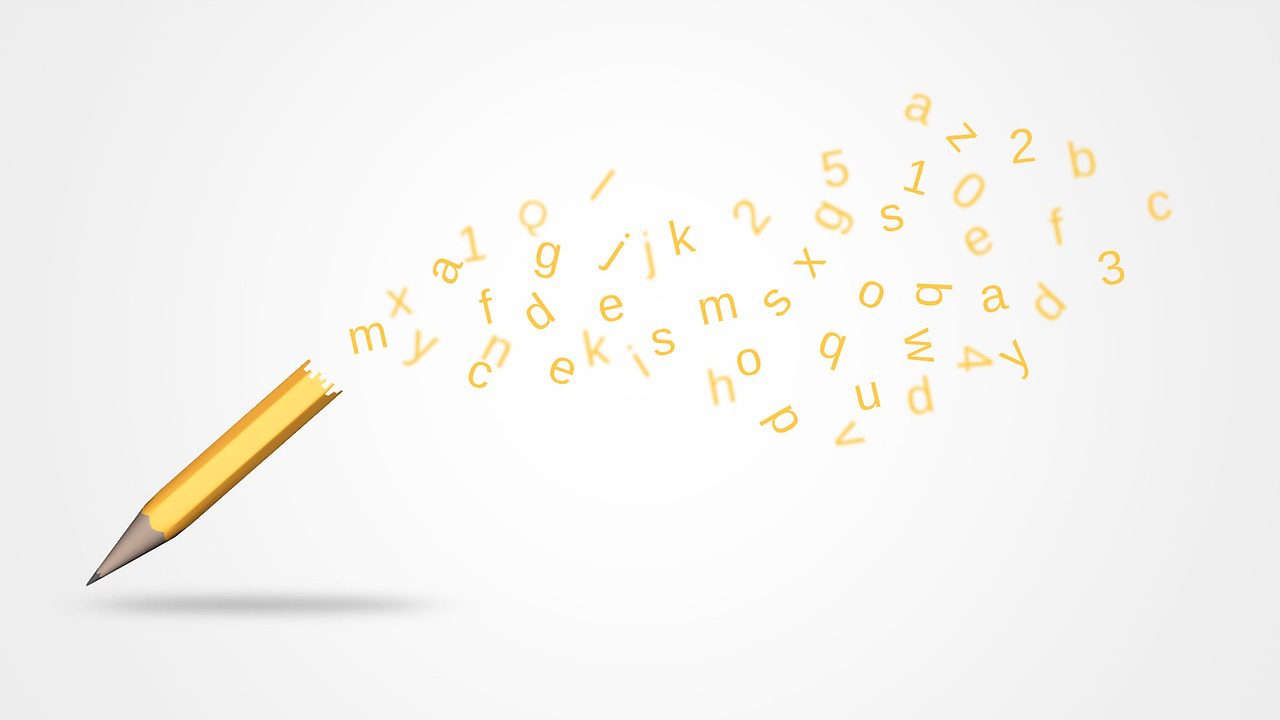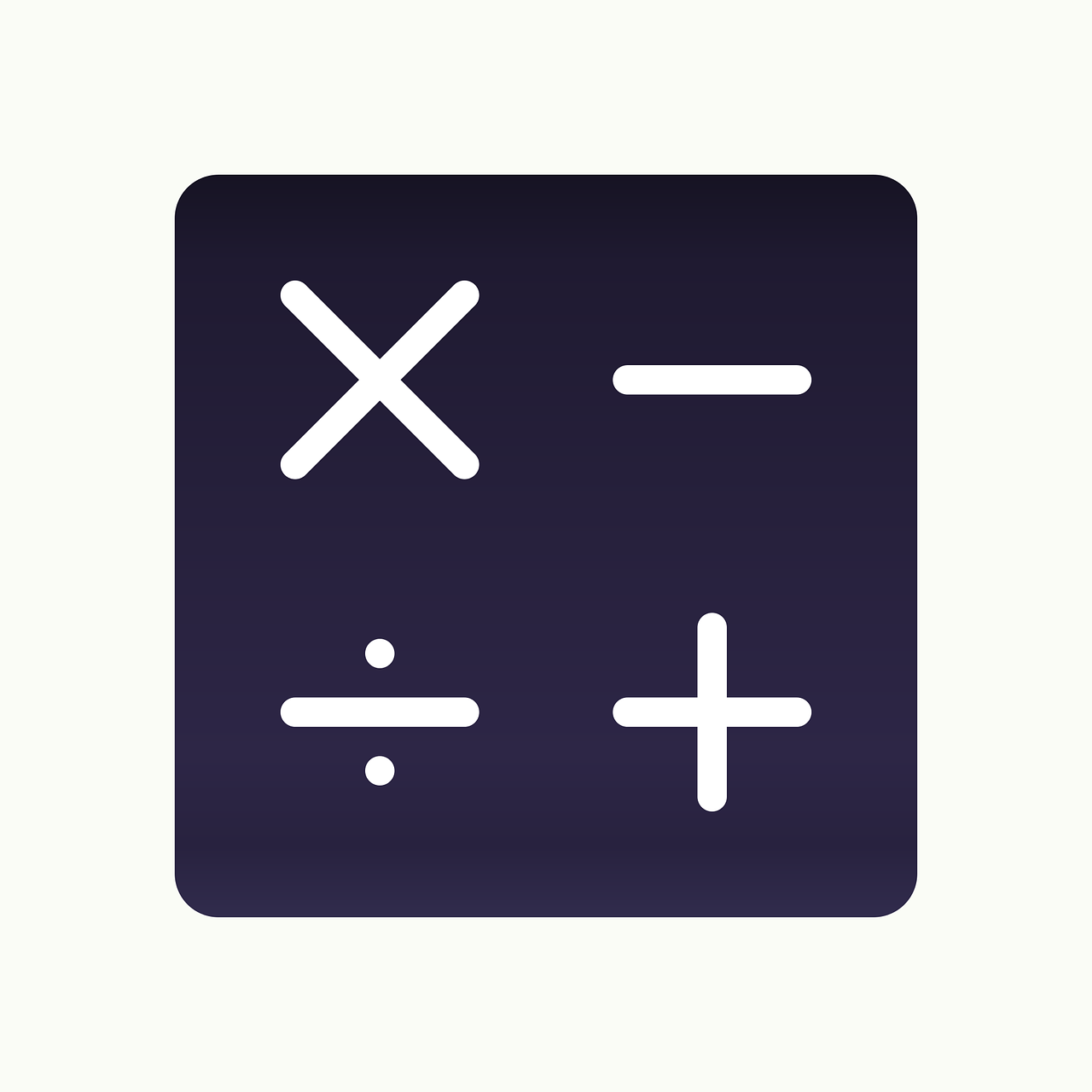
By Adrian Kuek (Joyous Learning) and Marcus Goh
The jump from Primary 6 to Secondary 1 is probably one of the biggest changes that your child will face in his or her academic life. There’s more independence and freedom, but there are also heavier responsibilities and weightier decisions. The subject load increases, the academic expectations are higher, and students are expected to display more critical thinking skills.
While we have covered tips for coping with the general transition to secondary school before, here are more specific changes that students should be aware of when it comes to academia. So here are five academic changes that new Secondary 1 students should be prepared for in the coming year.

1. All Subjects: Fewer MCQs
Generally speaking, all subjects will have more open-ended, structured, short answer type questions, and there will be fewer multiple choice questions. English, for example, will only have MCQs for Listening Comprehension, but there will be no MCQs at all for Mathematics. There will still be MCQ sections for Science, all the way until O-Levels, but these sections will have a lower weightage as compared to primary school.
Students will need to be prepared to write longer, more complex answers for all subjects, which is why they will need to have a good foundation in English.

2. English Comprehension: More inferential questions, longer texts
When it comes to English comprehension passages, students can expect to see more inferential questions. This means that they have to be able to read between the lines, understand subtleties and implications, and interpret figurative language accurately. There will be fewer comprehension questions which they can answer just by lifting sentences straight from the text.
In addition, they will be tested on non-narrative (factual) texts, for a total of three text types — visual, narrative, and non-narrative. The combined lengths of the narrative and non-narrative texts will be around 1,200 words, although Secondary 1 students may be introduced to shorter texts at first. Texts will also be more sophisticated, meaning that there may be several layers of meaning in a given passage. They will no longer be as straightforward as PSLE comprehension texts.

3. English Composition: Longer composition lengths
Primary compositions require at least 150 words, but secondary compositions will need to be between 350 to 500 words long. For students who are not used to the rigour of writing longer compositions may find it challenging to generate sufficient relevant content to achieve such lengths.
Your child should not take the approach of “writing enough to cover the word count”, as this may result in padding and irrelevant content. Instead, they should strive to generate enough points (for expository compositions) and reflections (for personal recounts) to write an essay of suitable length.

4. Science: Chemistry is included
Secondary 1 students will see the addition of Chemistry concepts to their syllabus (for Lower Secondary). While they have previously covered Physics and Biology topics in PSLE (even if they were not explicitly named as such), Chemistry topics will be relatively newer to them, and they may need to pay more attention to grasp these concepts.
Some schools will cover the Science syllabus in a modular fashion, meaning that topics are grouped by Physics, Chemistry, and Biology, and each term is spent on one group. Other schools may take a different approach and not cover topics by group. It’s best that your child checks with the teacher to see how the topics will be covered, so that he or she will be prepared for Science in Lower Secondary.

5. Mathematics: More abstract and theoretical concepts
Students should also expect to see questions that test their understanding of maths — questions that deal with positive and negative numbers, for example. This goes beyond different topics, as they will also have to handle more complex equations that test their understanding of brackets, or broader topics like factorisation.
Lower Secondary Mathematics will require students to calculate exact figures, since there are no more MCQs. This means they no longer have the luxury of picking the most accurate answer, since they will need to derive the precise answer for each question.

Despite the increased difficulty in subjects, secondary school subjects also give your child a more exploratory approach to areas that may interest them. Student should look upon the broader and deeper scope of subjects as a chance to develop their interest in potentially diverse and unique fields.
You may also want to read
This article was written for and first published on Yahoo Singapore’s Grade Expectations.
Grade Expectations is a weekly feature on education in Singapore. Expect fun activities, useful tips and insightful news on learning. It’s not just about your child’s grades — it’s about raising a great child!
Adrian Kuek runs Joyous Learning, an enrichment centre that specialises in English, Mathematics, Science and Creative Writing for Primary. He previously served as the academic director of one of Singapore’s largest enrichment centre chains for over seven years. Send him an email if you’re keen!
Marcus Goh runs Write-Handed, a creative writing studio. At the same time, he teaches English at The Write Connection. He has been a specialist tutor for English and Literature (Secondary) since 2005.
If you liked the article, follow me on Facebook and Instagram for more updates!
To get in touch with me, send an email!
Leave a Reply